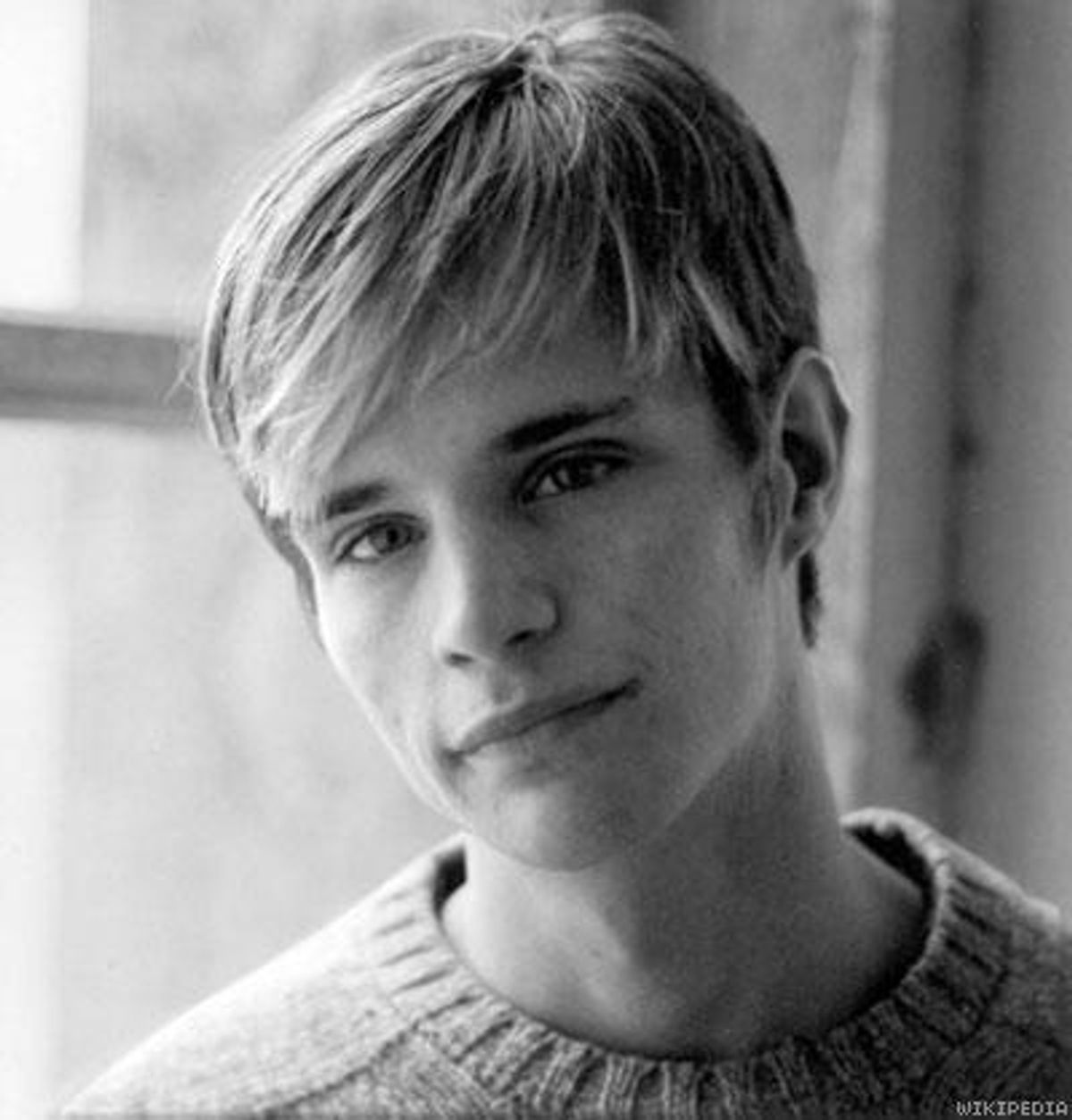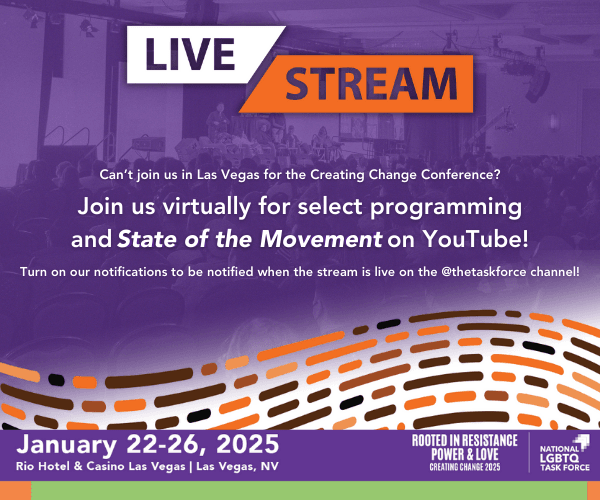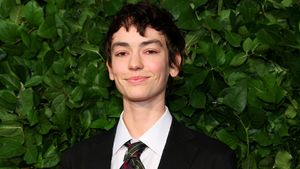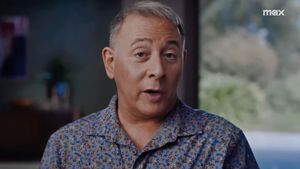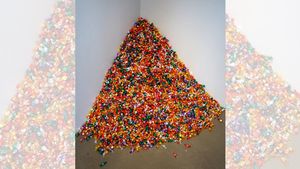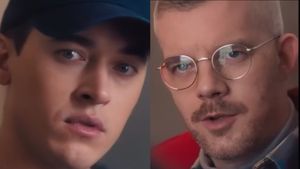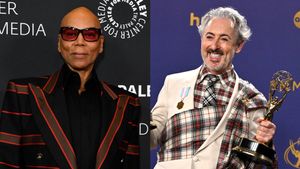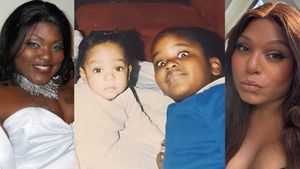Filmmaker Michele Josue has something new to say about Matthew Shepard in her new documentary,
Matt Shepard Is a Friend of Mine. Or maybe it's not so much "say" as it is "uncover." Her film attempts to introduce the man people knew before he became a victim of an infamous hate crime that gripped so many of our hearts. Who was Matthew Shepard before he became a national news story, before he became a rallying point for equal rights? He was a student, a brother, a son, a friend.
Josue's film is an important one, because it reminds us of the ways we touch the people around us, reminds us that sometimes the most important things we do may never end up on the news.
Matt Shepard Is a Friend of Mine has screened at numerous film festivals around the world. It begins its rollout in the U.S. and Canada this month, opening Friday in New York, Houston, and Portland, Ore., then on February 13 in Los Angeles and Chicago, and later in
more cities.
The Advocate spoke with Josue about the four-year process of making a documentary that she describes as "emotional, sometimes raw and painful, but most importantly, genuine."
The Advocate: In your director's statement you said, "I made a promise to myself that when I was emotionally and artistically ready, I would share, with the world, who Matt really was." What did it take -- both emotionally and artistically -- for you to finally get to that place?
Josue: Professionally, it took me years of experience working in film and making films to feel confident enough to embark on a project like this. Throughout the years, I've been honing my skills as a storyteller and meeting the collaborators who would help me tell Matt's story in the sensitive, honest, human way it deserves to be told. Emotionally, it took me many years of growing up to really grasp what happened to Matt. I was just 19 when Matt died, and his death was devastating. It's only been in recent years that I've been able to speak about Matt without getting overcome with emotion.
But I think that's the case with many of Matt's close friends, and we touch on this in the film. Aside from being a portrait of Matt, the film also explores the true nature of grief and how a tragic event like this has a ripple effect that causes pain not just for the victim but for their family, friends, community, and even the perpetrators themselves. With time and some necessary perspective, I've worked toward understanding this and letting it fuel the work.
Countless times, during my own viewing of the film, I found myself thinking, Wow, I never knew that. How have others responded to the film?
Almost everyone has responded that way, which is exactly why I wanted to make the film. Being Matt's friend, I always found it so heartbreaking that Matt was reduced to a headline. He was known only for the horrific way in which he died. In actuality, Matt was so much more than that. He was a wonderful, complex young man who was robbed of the chance to live up to his extraordinary potential. The film and the people who take part in it bear witness to who Matt really was and what he meant to all of us. It's a great honor to be able to share that with people.
In the film, Jason Marsden [former journalist, now executive director of the Matthew Shepard Foundation] discusses the "ingredients" of a national, attention-grabbing story, elements that Matthew's story had: compelling characters, dramatic events, tragedy or comedy, and a cliff-hanger. In your opinion, then, why are so many LGBT hate crimes ignored, even today, especially by the media?
That's honestly a mystery to me. There were hate crimes before Matthew Shepard and after, but for various reasons, his death was the one that captured the world's attention and brought antigay violence into the national conversation.
